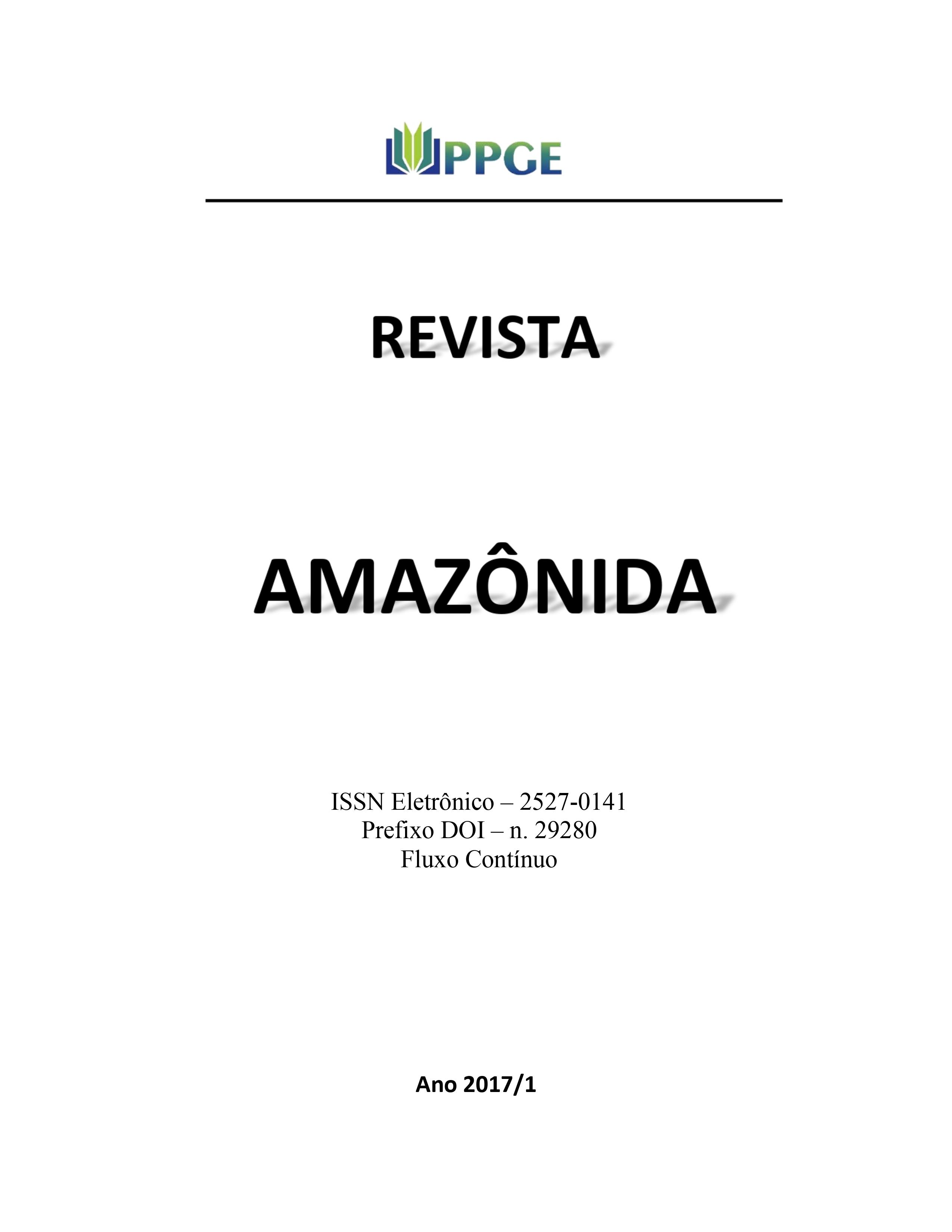PROGRAMA MAIS EDUCAÇÃO (BRASIL) EM DIÁLOGO COM O PROGRAMA ESCOLA A TEMPO INTEIRO (PORTUGAL): DISTANCIAMENTOS E APROXIMAÇÕES
DOI:
https://doi.org/10.29280/rappge.v1i1.3873Resumen
Resumo: Considerando os díspares contextos políticos e sociais do Brasil e Portugal, as significativas diferenças na organização e abrangência dos Programas Mais Educação e Escola a Tempo Inteiro, não tivemos como objetivo promover um estudo comparado dos mesmos, mas realizar uma análise dessas políticas de educação em tempo integral, dialogando com ambas, apontando algumas similaridades e divergências. O Programa Mais Educação destinou-se às escolas de ensino fundamental (1.º ao 9.º ano) de baixo Ideb e/ou situadas em regiões de vulnerabilidade social e promoveu a seleção dos educandos de acordo com critérios definidos em seus documentos oficiais. O Programa Escola a Tempo Inteiro abrangeu a totalidade das escolas/ educandos de Portugal Continental de 1.º ciclo (1.º ao 4.º ano) do ensino básico. O estudo analisou os Programas considerando: o enquadramento legal, a justificativa dos governos para sua implantação, a operacionalização e público-alvo/ abrangência, os tempos e espaços educativos, o currículo, profissionais envolvidos e fontes de recursos. Tratou- se de um estudo qualitativo, apoiado em revisão bibliográfica e análise documental, que investigou dois Programas governamentais, com organizações diferenciadas, mas com a mesma intenção: garantir a melhoria dos resultados educacionais, como meio de diminuir as desigualdades educacionais entre os educandos, ainda que para isso, tivesse que admitir a presença do setor privado em sua implantação e compartilhamento de ações.
Palavras chave: Educação integral; Programa Mais Educação; Programa Escola a Tempo Inteiro.
Abstract: Considering the disparate political and social contexts of Brazil and Portugal, the significant differences in the organization and scope of the More Education and School Full Time Programs, we did not aim to promote a comparative study of them, but to carry out an analysis of these education policies in full time, dialoguing with both, pointing out some similarities and differences. The More Education Program was aimed at elementary schools (1st to 9th grade) from low Ideb and / or located in regions of social vulnerability and promoted the selection of students according to criteria defined in their official documents. The School Full time Program covered all the schools / students in mainland Portugal from 1st cycle (1st to 4th year) of basic education. The study analyzed the Programs considering: the legal framework, the justification of the governments for its implementation, the operationalization and target audience/ scope, the educational times and places, the curriculum, professionals involved and sources of resources. It was a qualitative study, supported by a bibliographical review and documentary analysis, that investigated two governmental programs, with different organizations, but with the same intention: to guarantee the improvement of educational results, as a way to reduce educational inequalities among learners, even if it had to admit the presence of the private sector in its implementation and sharing of actions.
Keywords: Integral education; More Education Program; School Full Time Program.
























